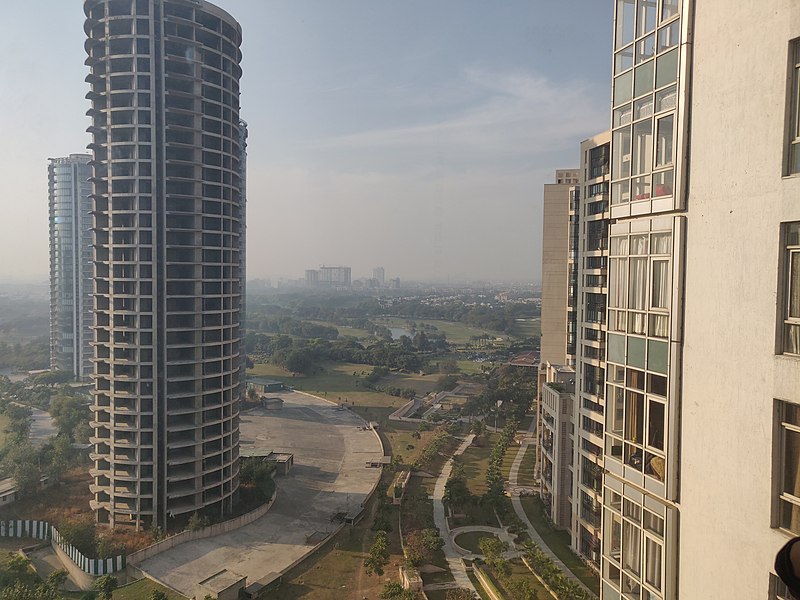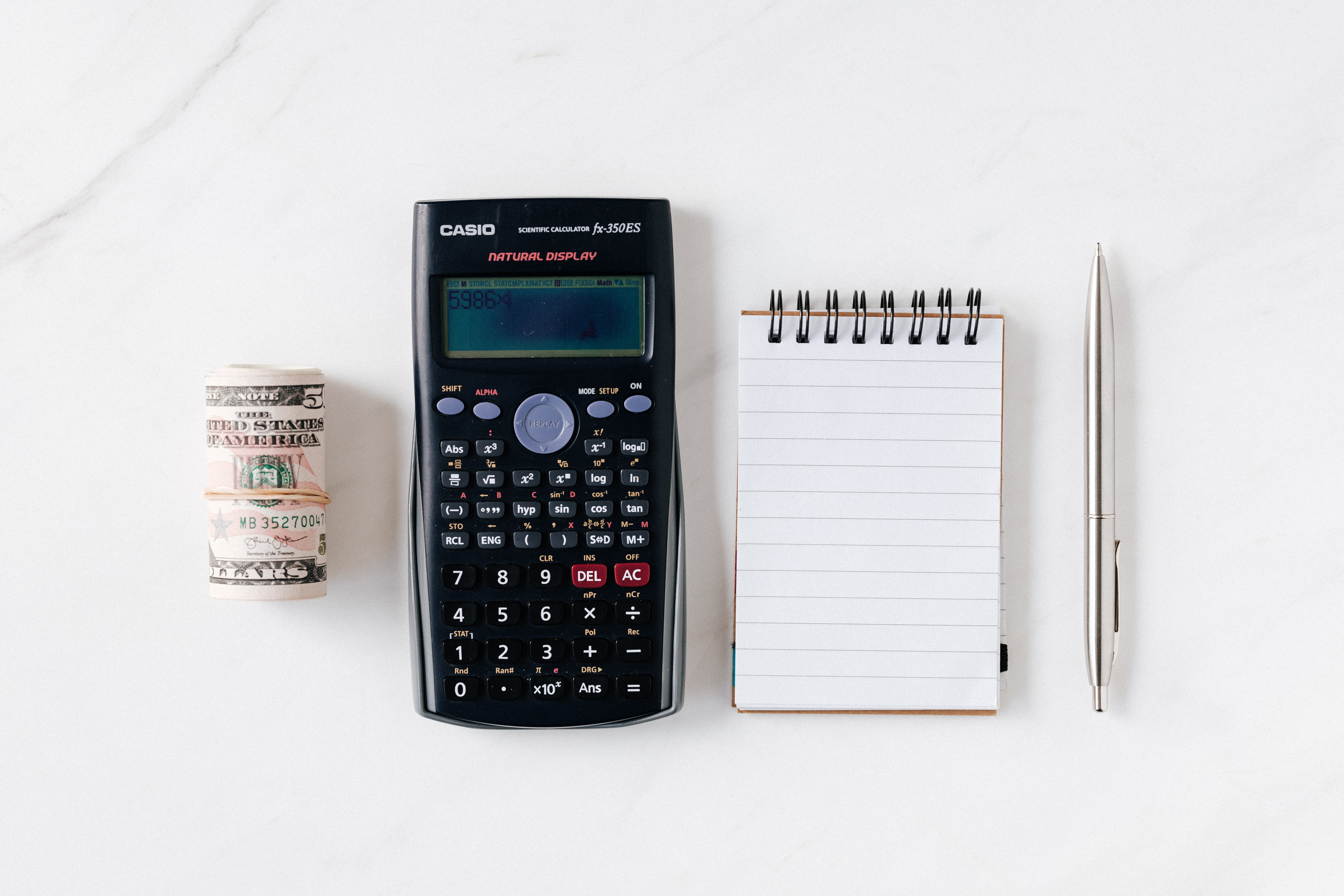

Why is Budgeting Important?
Your budget serves as the foundation for your entire home buying process. It determines what you can afford, what type of mortgage you'll qualify for, and what neighborhoods you can explore. Without a clear understanding of your budget, you may find yourself in a precarious financial situation or unable to secure the home of your dreams.
1. Assess Your Financial Situation
Before diving into the home buying process, take a comprehensive look at your current financial situation. Consider the following aspects:
Income: Calculate your total household income, including salaries, bonuses, rental income, and any other sources of income.
Expenses: List all your monthly expenses, including utilities, groceries, transportation, insurance, and debt payments (credit cards, loans, etc.). Be thorough and honest in your assessment.
Savings and Assets: Determine your savings, investments, and any other assets you can use towards a down payment or closing costs.
2. Determine Your Debt-to-Income Ratio (DTI)
Your debt-to-income ratio is a crucial factor that lenders consider when assessing your eligibility for a mortgage. It's calculated by dividing your total monthly debt payments by your gross monthly income. Aim for a DTI ratio below 43% to increase your chances of loan approval.
3. Understand Your Credit Score
Your credit score plays a significant role in securing a favorable mortgage rate. Obtain a copy of your credit report and check for errors. If your score is less than stellar, work on improving it by paying down debts, making payments on time, and avoiding new credit inquiries.
4. Calculate Your Home Buying Budget
Now that you have a clear picture of your finances, you can determine your home buying budget. Here are some key considerations:
Down Payment: Decide how much you can comfortably put down as a down payment. The standard recommendation is 20% of the home's purchase price, but there are programs that allow for lower down payments.
Monthly Mortgage Payment: Use online mortgage calculators to estimate your monthly mortgage payments based on different loan terms and interest rates. Ensure that these payments align with your monthly budget.
Closing Costs: Don't forget to account for closing costs, which typically range from 2% to 5% of the home's purchase price.
Emergency Fund: Maintain an emergency fund to cover unexpected expenses like repairs or medical bills.
5. Plan for Future Expenses
Owning a home comes with ongoing expenses like property taxes, homeowner's insurance, maintenance, and utilities. Be sure to factor these into your budget to avoid financial strain down the road.
6. Get Pre-Approved for a Mortgage
Once you have a clear budget in mind, consider getting pre-approved for a mortgage. This not only provides a more accurate understanding of your affordability but also strengthens your position when making an offer on a house.
In conclusion, understanding your budget is the essential first step in the home buying process. It empowers you to make informed decisions, avoid financial pitfalls, and ultimately find a home that fits comfortably within your means. Remember that your budget is not static; it should evolve with changes in your financial situation and market conditions. By taking the time to assess your finances thoroughly, you'll be well-prepared to embark on your journey to homeownership with confidence.
Copyright @ Dream Chattels. All Rights Reserved Designed by Css Founder.com